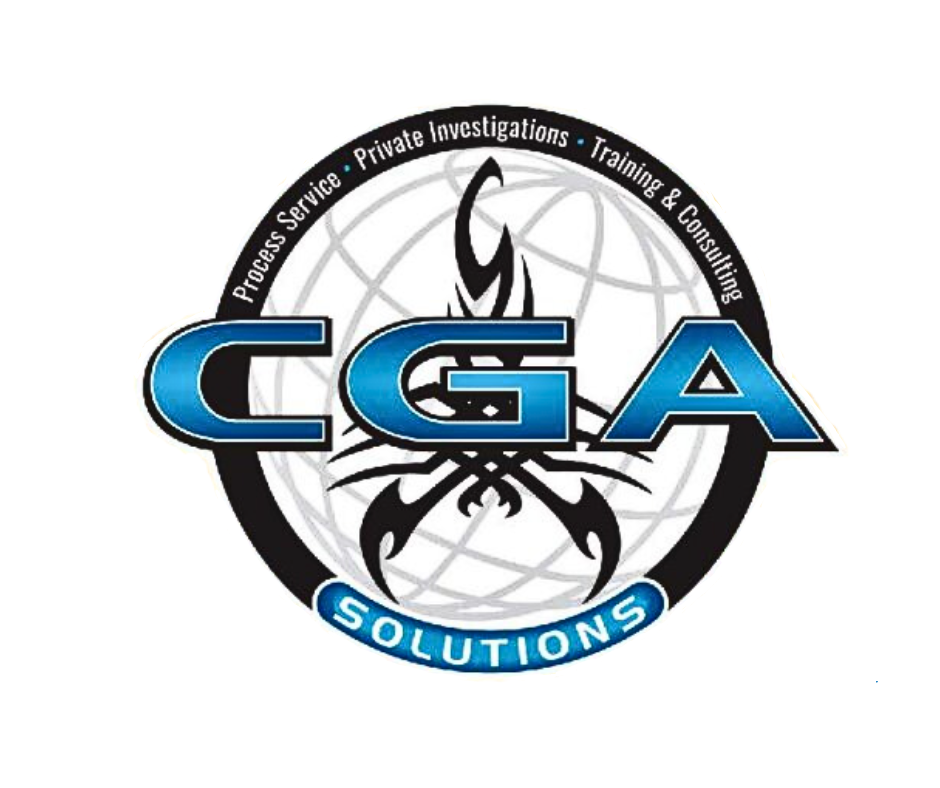When a loved one passes away under uncertain or troubling circumstances, families deserve clarity about what really happened. Two types of investigations that can help uncover the truth are wrongful death investigations and equivocal death investigations. While they may sound similar, each addresses different questions and legal contexts and it’s important to understand the distinction.
What Is a Wrongful Death?
A wrongful death occurs when someone dies as the result of another party’s negligence, misconduct, or intentional act. These situations often lead to civil lawsuits where surviving family members seek compensation and accountability.
Wrongful death investigations focus on building a clear case by collecting evidence that proves responsibility. This may involve analyzing medical records, interviewing witnesses, and consulting experts
Common examples of wrongful death cases include:
- Fatal car, truck, bicycle or pedestrian accidents caused by negligence
- Medical malpractice or surgical errors
- Workplace accidents due to unsafe conditions
- Product failures or dangerous consumer goods
- Criminal acts leading to a fatality
What Is an Equivocal Death?
An equivocal death is any death that is uncertain, suspicious, or inadequately explained by the initial findings. Unlike wrongful death, which centers on liability and negligence, equivocal death investigations seek to clarify the actual cause and manner of death.
These investigations often begin when official reports—such as autopsies or police findings—leave unanswered questions. Families, attorneys, or insurers may request an equivocal death investigation to ensure nothing was overlooked.
Situations that may lead to an equivocal death investigation include:
- Cases where suicide, accident, or homicide are all possibilities
- Inconsistent or conflicting official reports
- Deaths involving drugs, alcohol, or toxic substances
- Scenes where physical evidence raises suspicion
- Situations where families or attorneys dispute official conclusions
Key Differences Between Wrongful Death and Equivocal Death
Focus:
- Wrongful death centers on liability and accountability.
- Equivocal death centers on cause and circumstances.
Legal Impact:
- Wrongful death often supports civil lawsuits.
- Equivocal death may clarify facts that influence legal or insurance outcomes.
Investigation Goals:
- Wrongful death seeks evidence of negligence or misconduct resulting in death.
- Equivocal death seeks clarity regarding circumstances surrounding death.
Who Requests Them:
- Wrongful death investigations are often pursued by families or attorneys preparing lawsuits.
- Equivocal death investigations may be requested by families, insurers, or legal representatives needing unbiased clarity.
Why the Distinction Matters
Families dealing with a loss often experience confusion and frustration if circumstances are unclear. Knowing whether the case involves potential negligence (wrongful death) or simply unexplained circumstances (equivocal death) is essential in determining next steps—whether that’s pursuing legal action, settling insurance matters, or finding peace of mind.
How CGA Solutions Can Help
At CGA Solutions, we bring decades of investigative experience to families, law firms, and businesses across Georgia and South Carolina. Our private investigators approach each case with sensitivity, thoroughness, and professionalism. Whether you need clarity in an equivocal death or evidence to pursue a wrongful death claim, we are here to provide the expertise you can rely on. Call or contact us for a confidential consultation.
Frequently Asked Questions
Can a wrongful death also be an equivocal death?
Yes. In some cases, the initial circumstances of a death may be unclear (equivocal), but further investigation may reveal negligence or misconduct that supports a wrongful death claim.
Who usually requests a wrongful death investigation?
Wrongful death investigations are often initiated by family members or attorneys preparing for a civil lawsuit to hold a negligent party accountable.
Who usually requests an equivocal death investigation?
Families, attorneys, or insurance companies often request equivocal death investigations when official reports are inconclusive, inconsistent, or disputed.
Are private investigators allowed to testify in wrongful death cases?
Yes. Licensed private investigators can provide reports, documentation, and even testimony in support of a wrongful death lawsuit or insurance claim.
Why should I hire a private investigator instead of relying only on police reports?
Law enforcement investigations often focus on criminal matters, while private investigators can pursue additional leads, gather evidence for civil claims, and ensure no detail is overlooked.







